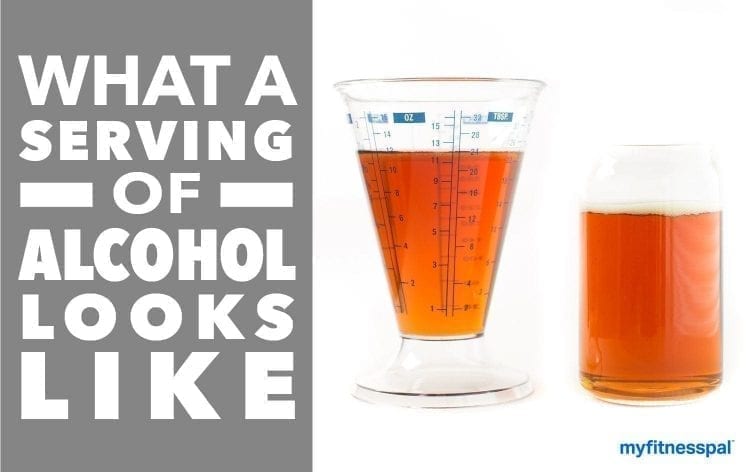Curious about how your weight affects how many beers it takes to get drunk? Unlock the mystery with this informative post!

Image courtesy of Anete Lusina via Pexels
Table of Contents
Alcohol consumption is a common social activity, but its effects on our bodies can vary significantly from person to person. One question frequently asked is, “How many beers does it take to get drunk?” In this blog post, we will delve into the science behind alcohol metabolism, individual tolerance levels, and various factors that determine how intoxicated you may feel after consuming a certain amount of beer.
Alcohol Metabolism
When you consume alcohol, your body begins the process of metabolizing it. Alcohol is primarily metabolized in the liver, where enzymes break it down into acetaldehyde and then into acetate. The rate at which your body processes alcohol can vary depending on several factors, including body weight, genetics, and overall health.
Individual Tolerance Levels
One crucial factor that influences how many beers it takes to get drunk is your individual tolerance level. This tolerance is determined by a variety of factors, including how frequently you consume alcohol, your overall health, and your genetic makeup. Some individuals may have a higher tolerance due to regular alcohol consumption, while others may feel the effects of alcohol more quickly.
Factors Influencing Intoxication
Aside from individual tolerance levels, several external factors can influence how drunk you get after consuming beer. Eating a meal before drinking can help slow down alcohol absorption, as food in your stomach can delay the passage of alcohol into your bloodstream. Staying hydrated can also help your body process alcohol more efficiently. Additionally, the alcohol content of the beer you are consuming plays a significant role in intoxication levels. Beers with higher alcohol content will likely lead to quicker intoxication compared to lower alcohol content beverages.

Image courtesy of blog.myfitnesspal.com via Google Images
Responsible Drinking Practices
It’s important to practice responsible drinking to ensure your safety and well-being. If you are unsure of how many beers it takes for you to feel drunk, it’s best to start with a small amount and pace yourself. Remember that alcohol affects everyone differently, so it’s crucial to listen to your body and know your limits. Always have a designated driver or a plan for getting home safely when consuming alcohol.
In conclusion, the question of how many beers it takes to get drunk is not a straightforward answer and can vary from person to person. Understanding your individual tolerance levels, alcohol metabolism, and external factors that influence intoxication can help you make informed decisions about alcohol consumption. Remember to prioritize your safety and well-being by practicing responsible drinking habits. Cheers to enjoying alcohol responsibly!
How does body weight affect alcohol tolerance?
Body weight plays a role in alcohol tolerance as heavier individuals may metabolize alcohol more efficiently. However, alcohol tolerance is also influenced by genetics, overall health, and regular alcohol consumption.
Can drinking on an empty stomach increase intoxication?
Yes, consuming alcohol on an empty stomach can lead to quicker alcohol absorption, potentially increasing intoxication levels. Eating a meal before drinking can help slow down alcohol absorption.
Why do some people feel the effects of alcohol more quickly than others?
Individual tolerance levels vary due to factors such as genetics, overall health, and regular alcohol consumption. Some individuals may feel the effects of alcohol more quickly, while others may have a higher tolerance.
What are some responsible drinking practices to follow?
Practice responsible drinking by knowing your limits, pacing yourself, staying hydrated, and having a designated driver or plan for getting home safely. Prioritize your safety and well-being when consuming alcohol.
Generated by Texta.ai Blog Automation
Leave a Reply